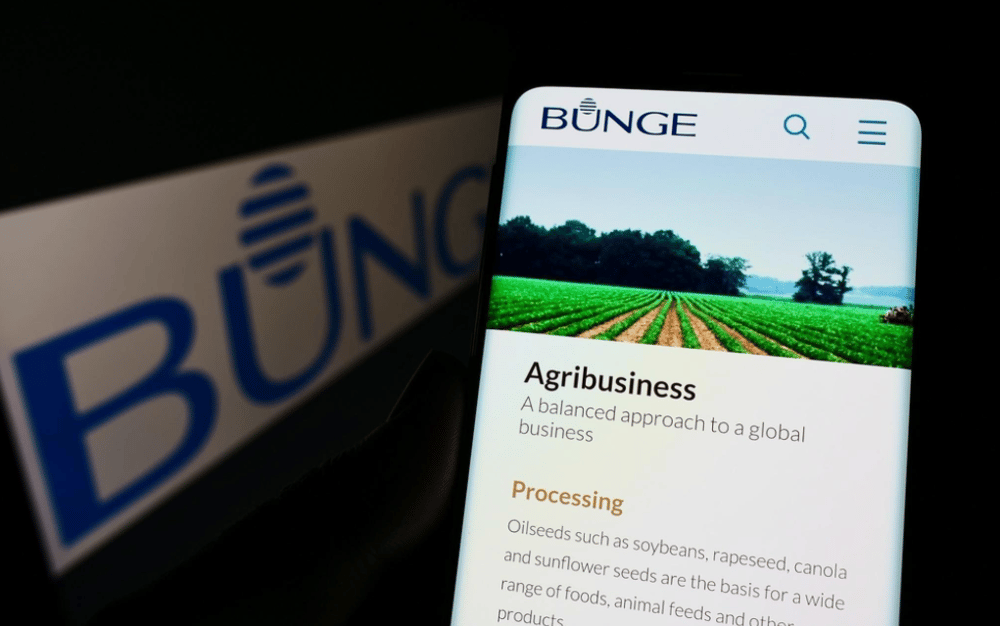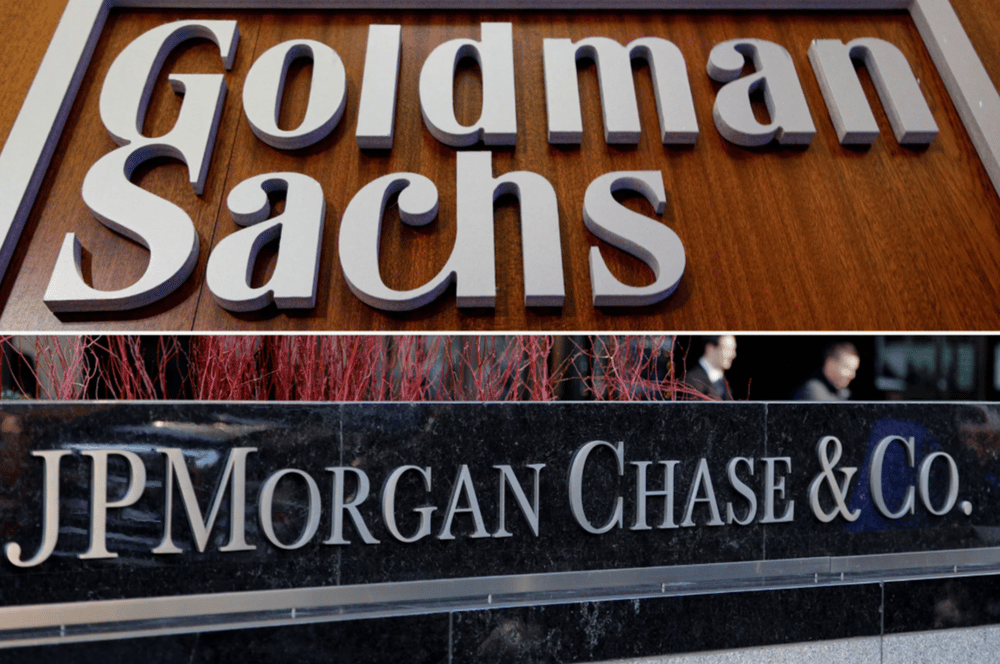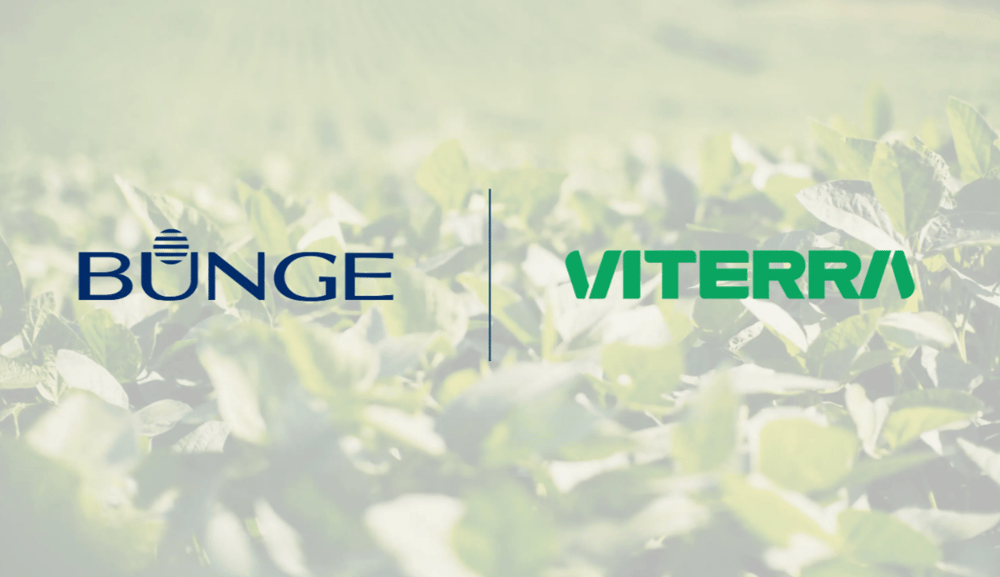Bunge Nears Regulatory Verdict in China on $8.2B Viterra Deal Amid Global Agricultural Market Shift
U.S.-based agribusiness leader Bunge Ltd. $BG is on the verge of securing regulatory approval from Chinese antitrust authorities for its proposed $8.2 billion acquisition of Viterra, a grain and oilseed trader backed by Glencore $GLEN.L. The decision, expected within days, represents a pivotal moment in a deal that could reshape the landscape of global commodity trading and agricultural processing.
Originally announced in 2023, the merger aims to elevate Bunge into closer competition with Archer-Daniels-Midland $ADM and privately held Cargill, long considered dominant players in the international agri-commodities supply chain.
The Strategic Logic and Potential Impacts of the Bunge–Viterra Deal
The pending merger between Bunge and Viterra reflects a broader consolidation trend in the global food supply chain, driven by increased volatility in grain markets, climate-related production risks, and shifting trade flows. The deal would combine Bunge’s strength in oilseed processing with Viterra’s global origination and logistics capabilities, creating an entity with enhanced resilience and geographic reach.
From a regulatory standpoint, China's State Administration for Market Regulation (SAMR) plays a critical role due to China's status as a major importer of soybeans, corn, and wheat. The outcome of this review could influence not only the merger’s timing but also broader foreign investment sentiment in the agriculture sector.

Quick Facts
🇺🇸 Bunge Ltd. is awaiting Chinese regulatory approval for its $8.2B Viterra acquisition.
🇨🇳 China’s antitrust regulator, SAMR, is expected to rule in the coming days.
🌾 The deal aims to form a global agricultural trading giant rivaling ADM and Cargill.
📉 Consolidation reflects increasing market pressure and supply chain complexity.
🌍 The combined entity would serve as a critical supplier across Asia, Latin America, and Europe.
Market Reactions and Expert Insights
The market has responded cautiously to news of the pending approval. Bunge Ltd shares held steady in premarket trading, while analysts projected moderate upside potential contingent on the final decision from Beijing. Viterra, while privately held, remains a strategic asset in Glencore’s portfolio, further adding geopolitical and commodity-specific weight to the transaction.
The consolidation aligns with global trends as agribusinesses seek to hedge against fragmented logistics networks and trade policy uncertainty. Notably, China’s growing emphasis on food security and agricultural self-sufficiency could either expedite approval due to supply reliability benefits or complicate it due to concerns over foreign market dominance.
Financial institutions such as JPMorgan Chase $JPM and Goldman Sachs $GS have highlighted that the merger could enhance operating leverage and reduce input procurement risks, particularly in high-demand markets such as Southeast Asia.

Key Points
Regulatory decision from China’s SAMR on Bunge–Viterra merger is imminent.
Combined firm would rival ADM and Cargill in terms of global scale and reach.
China’s role as a major importer of grains makes its approval process pivotal.
Deal aims to mitigate risks related to supply chain disruptions and climate volatility.
Agribusiness consolidation continues globally, influencing trade flows and pricing power.
Strategic Significance of China’s Decision for Bunge and Global Commodities
The Bunge–Viterra deal, pending final clearance in China, marks a potential inflection point for the agricultural commodities sector. Should approval be granted, it will consolidate trading and processing power, bringing further scale and operational flexibility to Bunge. More broadly, it reflects intensifying merger activity in response to fragile global food systems, volatile commodity pricing, and emerging geopolitical risks.
As the agricultural value chain becomes increasingly interconnected and geopolitically sensitive, regulatory decisions—especially from import-dependent economies like China—carry global implications. The outcome of this transaction could influence future cross-border M&A in agriculture, particularly amid shifting currency dynamics between the USD and CNY.















Comments